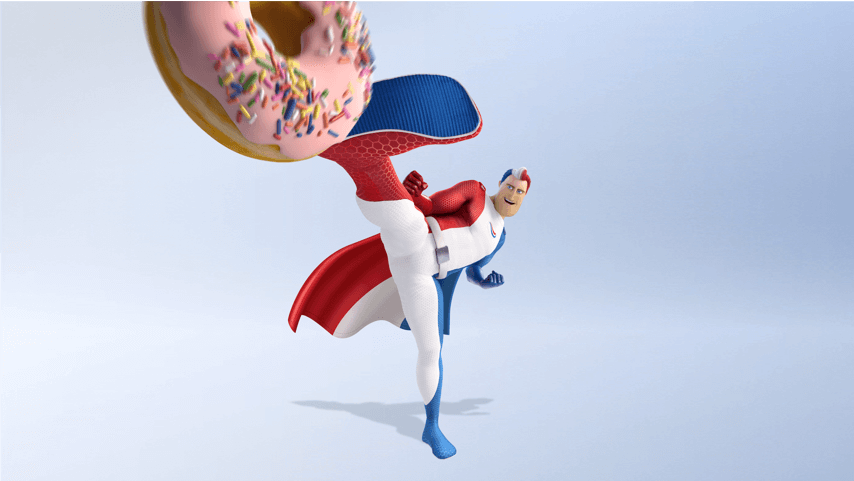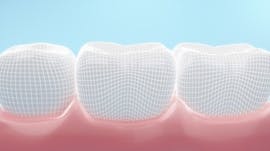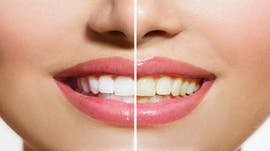How sugar affects your teeth
Sugar is a known cause of tooth decay. When you eat sugary foods, the bacteria in your mouth can start to digest the sugar and produce acids. This can dissolve the protective minerals in your tooth enamel, and over time, lead to both tooth decay and then cavities. These bacteria can also turn sugars into a glue-like substance that helps hold the bacteria against the teeth, making it more difficult for saliva to wash away the acids naturally.
Tooth decay is a common yet easily preventable problem. The best ways for both children and adults to stop tooth decay in its tracks are to visit your family dentist regularly, reduce the amount of sugary foods in your diet, and brush your teeth twice a day for two minutes each time with a fluoride toothpaste.1 You can start brushing your baby’s teeth as soon as they appear, using a fluoride appropriate toothpaste.2
For babies aged 0-2, brush their teeth twice daily using a smear of kids’ toothpaste that contains a minimum of 1,000ppm of fluoride.3
Children aged 3-6 should also have their teeth brushed (and learn to brush themselves) with a toothpaste containing more than 1,000ppm of fluoride, in a pea-sized amount, twice a day.4





